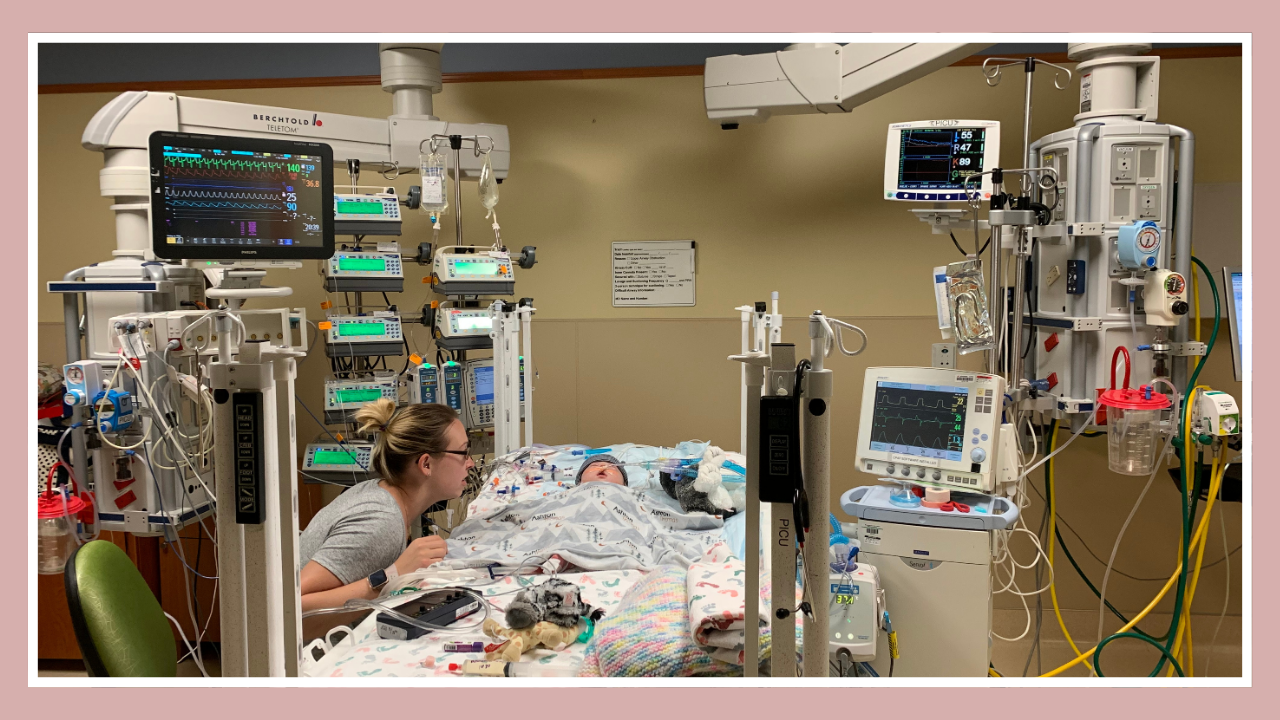
Nourishing Two: 10 Essential Components to Look for in Your Prenatal Vitamins
Sep 09, 2024Embarking on the journey of pregnancy is an exciting time filled with joy and anticipation. As an expectant mother, you're likely focused on doing everything you can to ensure the health of your growing baby. One of the most important steps you can take is choosing the right prenatal vitamin. But with so many options on the market, how do you know which components are truly essential? Let's dive into the world of prenatal nutrition and explore the key ingredients that should be on your radar.
Why Prenatal Vitamins Matter
Before we break down the essential components, it's crucial to understand why prenatal vitamins are so important. During pregnancy, your body's nutritional needs increase significantly to support both you and your developing baby. Even with a balanced diet, it can be challenging to meet all these increased demands through food alone. That's where prenatal vitamins come in, filling nutritional gaps and providing a safety net for optimal fetal development and maternal health.
10 Essential Components to Look for in Prenatal Vitamins
- Folic Acid (Vitamin B9)
Folic acid is arguably the star player in prenatal vitamins. This B vitamin is crucial for preventing neural tube defects, which affect the baby's brain and spine. It's so important that many healthcare providers recommend starting folic acid supplementation even before conception.
Recommended amount: 400-800 mcg daily
- Iron
During pregnancy, your blood volume increases by about 50%, requiring more iron to produce hemoglobin. Iron also helps prevent anemia and supports the baby's growth and development.
Recommended amount: 27 mg daily
- Calcium
Calcium is essential for building your baby's bones and teeth. If you're not getting enough, your body will take calcium from your bones to give to your baby, which could increase your risk of osteoporosis later in life.
Recommended amount: 1000 mg daily (from all sources, including diet)
- Vitamin D
Working hand in hand with calcium, vitamin D helps your body absorb and use calcium effectively. It also supports immune function and may reduce the risk of pregnancy complications.
Recommended amount: 600 IU daily
- DHA (Docosahexaenoic Acid)
This omega-3 fatty acid is crucial for your baby's brain and eye development. While not all prenatal vitamins include DHA, it's becoming increasingly recognized as an essential component.
Recommended amount: At least 200 mg daily
- Iodine
Iodine is vital for the production of thyroid hormones, which regulate metabolism and support fetal brain development. Deficiency can lead to intellectual disabilities in the baby.
Recommended amount: 150 mcg daily
- Vitamin B6
This vitamin helps form red blood cells, allows your body to use protein, fat, and carbohydrates, and may help reduce morning sickness.
Recommended amount: 1.9 mg daily
- Vitamin B12
Vitamin B12 works with folic acid to produce DNA and red blood cells. It's especially important for vegetarian or vegan mothers who may not get enough from their diet.
Recommended amount: 2.6 mcg daily
- Vitamin C
This antioxidant vitamin supports your immune system and helps your body absorb iron. It also contributes to the formation of collagen, which is important for your baby's bones and skin.
Recommended amount: 85 mg daily
- Zinc
Zinc supports your immune system and is involved in numerous processes related to fetal development, including cell division and growth.
Recommended amount: 11 mg daily
Choosing the Right Prenatal Vitamin
Now that you know the essential components to look for, how do you choose the right prenatal vitamin? Here are a few tips:
- Check the label: Make sure your chosen vitamin includes all or most of the components listed above.
- Consider your diet: If you're vegetarian or have dietary restrictions, you may need a prenatal vitamin tailored to your needs.
- Consult your healthcare provider: They can recommend a prenatal vitamin based on your individual health status and needs.
- Look for third-party testing: Choose brands that have their products tested for quality and purity by independent organizations.
- Consider the form: Prenatal vitamins come in tablets, capsules, and gummies. Choose a form that you're comfortable taking daily.
Remember, prenatal vitamins are a supplement, not a substitute for a healthy diet. Continue to eat a balanced diet rich in fruits, vegetables, whole grains, lean proteins, and healthy fats.
When to Start Taking Prenatal Vitamins
Ideally, you should start taking prenatal vitamins before conception. Many healthcare providers recommend beginning at least a month before you start trying to conceive. If you're already pregnant, don't worry - start taking them as soon as possible. Continue taking them throughout your pregnancy and, if you're breastfeeding, during the postpartum period as well.
Potential Side Effects
While prenatal vitamins are generally safe, some women may experience side effects such as nausea or constipation. If you're experiencing discomfort, talk to your healthcare provider. They may recommend taking your vitamin with food, switching to a different brand, or adjusting your dosage.
Choosing the right prenatal vitamin is an important step in supporting your health and your baby's development during pregnancy. By ensuring your prenatal vitamin contains these essential components, you're giving your baby the best possible start in life. Remember, every pregnancy is unique, so always consult with your healthcare provider about your specific nutritional needs.
If you want to feel your best mentally & physically postpartum, The Postpartum Shift is for you!









